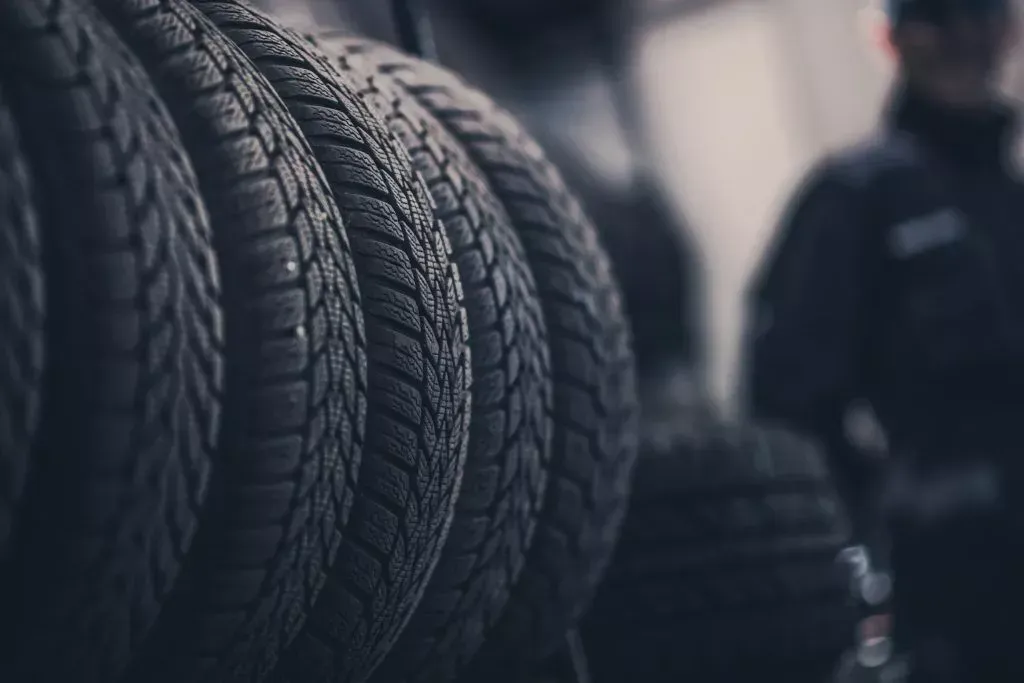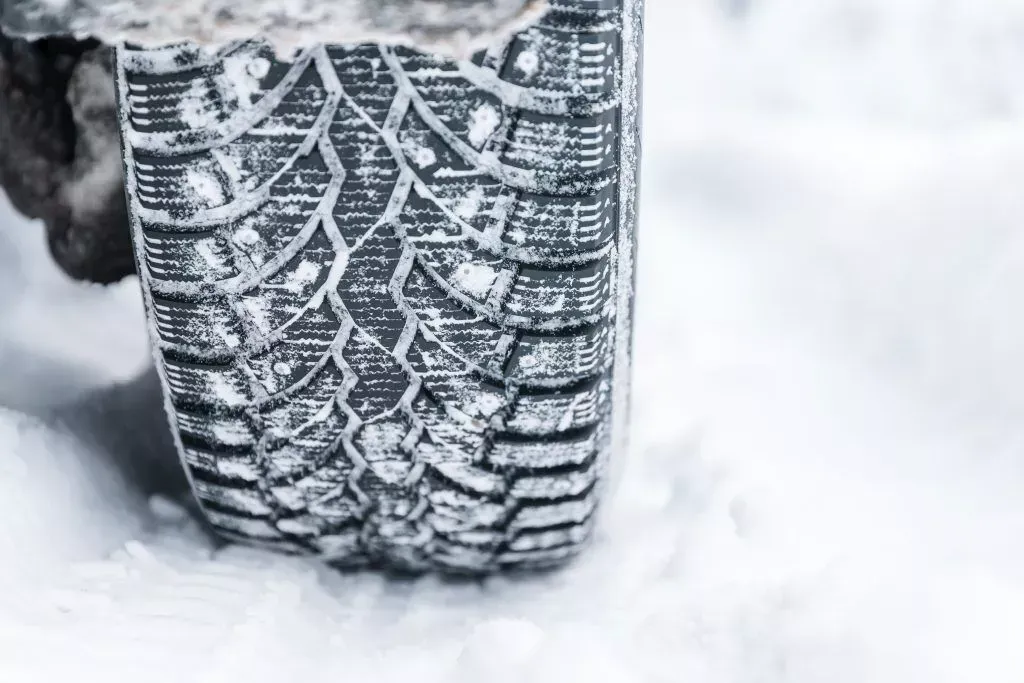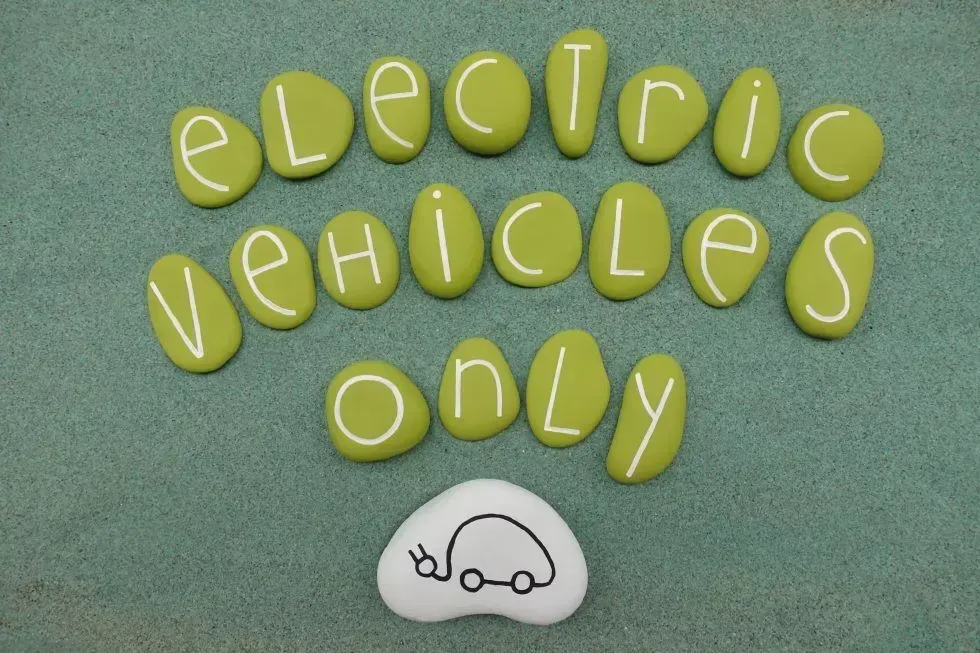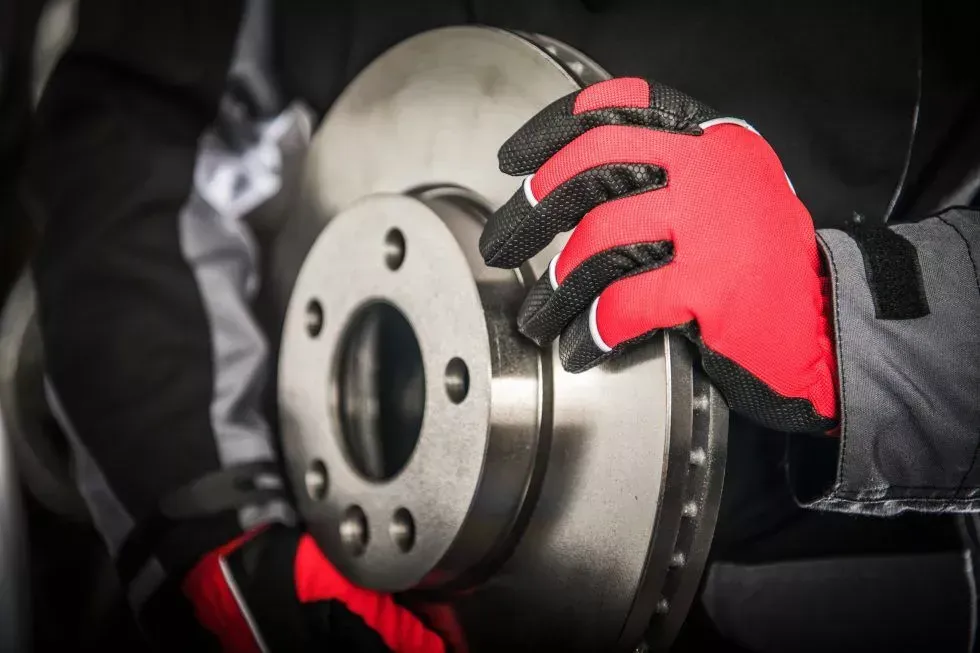Winter Tires or All Season Tires: Which is Better?
Winter Tires or All Season Tires: Which is Better?
With so many tire options out there, like winter tires or all season tires, it can be difficult to navigate what to choose for your vehicle. Which tire you choose really depends on the region you live in and the weather that your tires will be exposed to. If you will need to be able to trek through snowy conditions, winter tires will be your best bet, but if you need something that can be a jack of all trades, an all season tire might be your best bet.
Read on to learn more about choosing winter tires or all season tires.

All Season Tires
Several types of vehicles come stock with all season tires from the factory. All season tires are typically very quiet on the roadway and can perform well in most conditions, so all season tires are a great option for most vehicle manufacturers. All season tires are great for, you guessed it, typically any season and most consumers will be very happy with year-round.
Because all season tires are made to be a one-size-fits-all type of tire, sometimes the tires can be lacking when it comes to extreme conditions and extreme use. Consequently, the tires will not be able to grip and handle as well as a summer tire and may not have as much capability in very slick, frigid conditions. Don’t get us wrong, these are great tires, they just may not perform as well as a specific-use tire like a dedicated winter tire would in extreme conditions.
All season tires are perfect for anyone who lives in a moderate climate where they will not have to trek through extreme weather conditions like long term snow, black ice or other frozen conditions.

Winter Tires
If you have to drive in winter weather, it is imperative to have a tire that will get you where you need to go safely. No matter if it’s a large amount of snowfall or black ice, you need a tire that won’t let you down. Cold, icy conditions call for a tire that is prepared to grip where all others fail.
When it comes to driving in winter weather, having the right tire matters. From heavy snowfall to black ice, winter roads are extremely unpredictable. These conditions challenge tires to provide traction like no other season of the year. The combination of cold temperatures, ice and snow can be best met by winter tires, which are specially designed to perform in winter conditions.
Special Features of Winter Tires
What makes winter tires unique in comparison to other tires are the features that allow them to grip better, these features are called tread rubber, tread depth and patterns and biting edges.
Tread Rubber – While the tread rubber of summer or all season tires tends to stiffen in cold weather, winter tires are engineered to be more flexible at lower temperatures.
Tread Depth and Patterns – Winter tires have a deeper tread depth than its counterparts. These deeper trenches in the tires help to prevent snow buildup. The deep tread works in such a way that the snow moves through the depths instead of getting stuck and causing slides like most other tires.
Biting Edges – Every tire has minute slits to help with the flexibility of the material. Winter tires have a significant amount more than most other types of tires for the best grip possible in cold weather conditions.

Which Tire is Best, Winter Tires or All Season Tires?
Choosing the best tires for your vehicle is truly dependent on where you live and what level of capability you what your vehicle to have. If you live in a hot, desert area, the odds of you needing winter tires are slim to none. If you live in a north-eastern state that receives several inches of snow for weeks or months on end, you will definitely want to consider a tire that will get you and your family around safely.
If you live in an area like Seattle or anywhere else that’s particularly wet and rainy for a decent length of the year, you could consider a winter tire as well, but you should be just fine with an all season tire as unless there is a freak snowstorm – which does sometimes happen!
Pro Tips for Winter Tires or All Season Tires
If you do mount winter tires for your vehicle in the winter months, be sure replace them with your all season tires once the sun comes back out in the spring. Your winter tires are great in the snow and ice, but they will wear very quickly in hotter weather.
Stop on by, call our shop at 509.487.9683 or visit our contact page if you need help deciding which tire to put on your vehicle.










